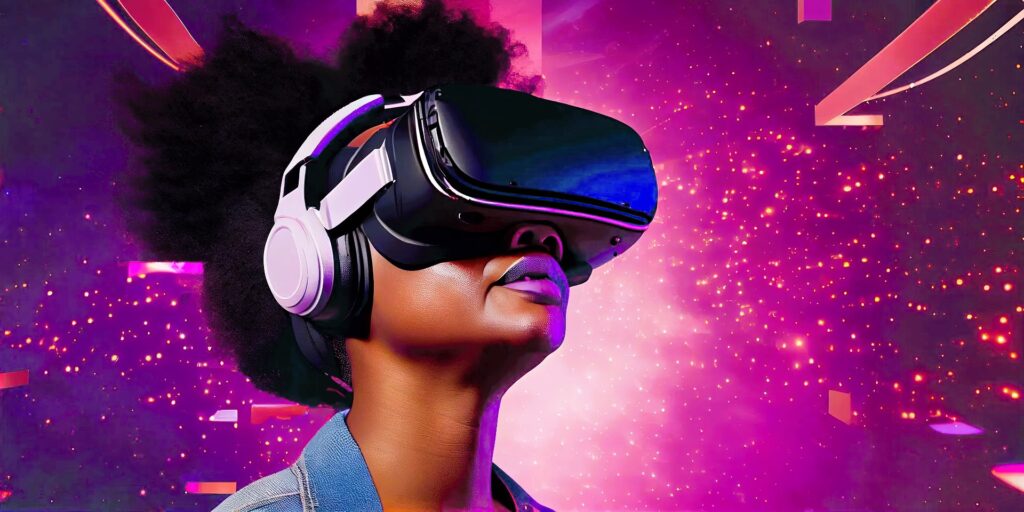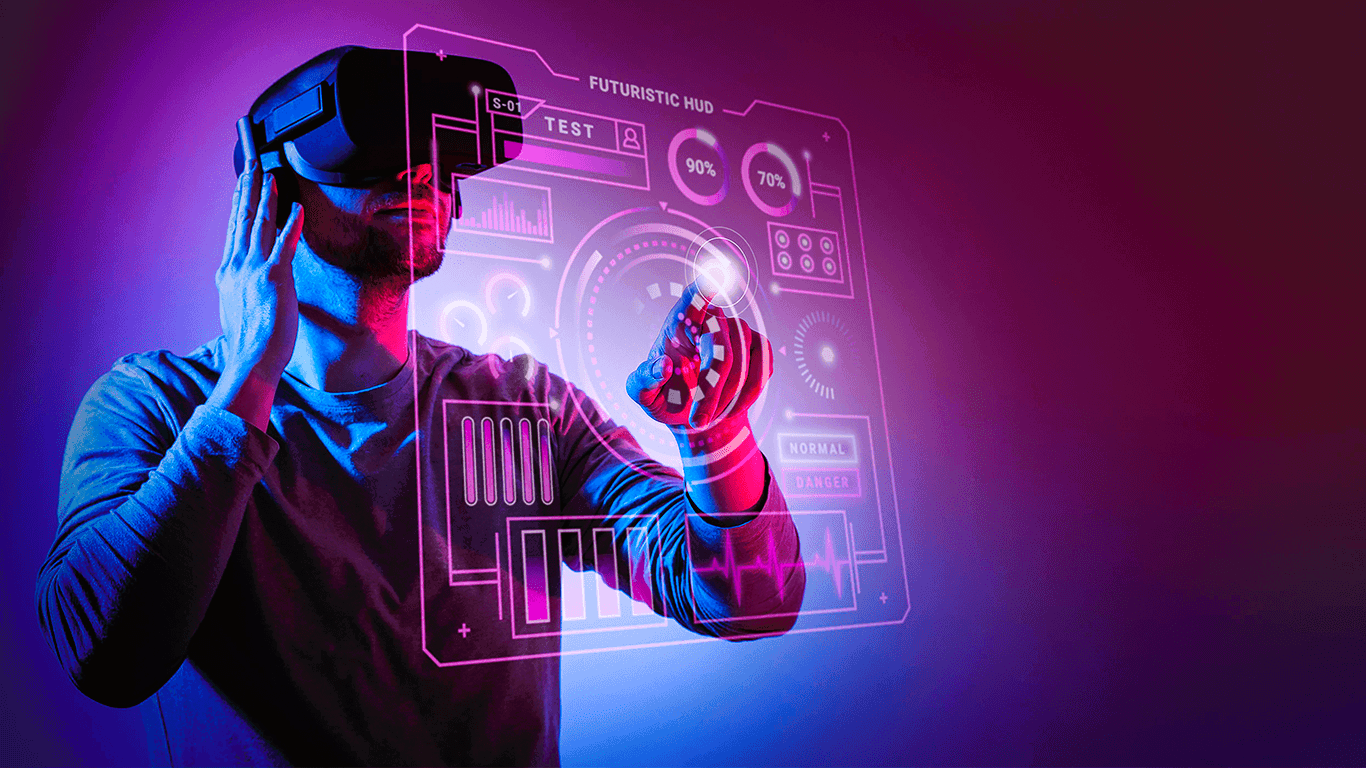Virtual Reality (VR) is no longer a concept of the future; it has become an integral part of modern gaming, transforming the way we experience and interact with digital worlds. From immersive storytelling to groundbreaking multiplayer experiences, VR is set to redefine the gaming industry. But what does the future hold for VR in gaming? Let’s explore the possibilities.
1. Enhanced Immersion Through Advanced Hardware
The future of VR gaming is tied closely to advancements in hardware. Companies like Meta, Sony, and HTC are continuously innovating, offering headsets with improved resolution, wider fields of view, and reduced latency. Upcoming devices like the Meta Quest 3 and PlayStation VR2 are pushing the boundaries of visual fidelity, allowing players to experience more lifelike environments.
As haptic feedback technology improves, VR gamers may soon feel textures, vibrations, and even temperature changes, further bridging the gap between the virtual and the real world. This enhanced realism opens up new possibilities for genres like horror, adventure, and simulation games.
2. Expanding Social and Multiplayer Experiences
VR gaming is moving beyond solitary experiences to embrace multiplayer and social gaming. Platforms like VRChat and Rec Room have already demonstrated the potential for VR to create dynamic social spaces where players can interact, build, and compete.
In the future, we can expect massive multiplayer VR games that combine the social elements of MMOs with the immersion of VR. Imagine stepping into a fully realized fantasy world, teaming up with friends across the globe, and battling foes in real-time. Such experiences could redefine cooperative and competitive gaming.
3. Cross-Platform Compatibility
Currently, VR ecosystems are fragmented, with different platforms offering exclusive games and hardware. However, the future points toward increased cross-platform compatibility. Developers are already working to ensure that VR games can be enjoyed on a variety of headsets without losing functionality.
This compatibility will not only expand the reach of VR games but also encourage a more unified gaming community, enabling players on different devices to connect seamlessly.
4. AI Integration and Procedural Generation

Artificial Intelligence (AI) will play a critical role in shaping the future of VR gaming. With AI-driven NPCs and procedurally generated worlds, VR games could offer unique, adaptive experiences that cater to individual player preferences. Read about the new network for the best gaming room in your home at this link.
For example, in a VR role-playing game, NPCs could react to your decisions with lifelike emotions and dialogue, making the story feel deeply personal. Meanwhile, procedural generation could create endless new worlds to explore, ensuring no two gaming sessions are the same.
5. Gamification Beyond Entertainment
The future of VR in gaming isn’t limited to entertainment. The technology is increasingly being used for educational and training purposes. Gamified VR simulations are being adopted in fields like healthcare, military training, and education to teach skills in a safe, controlled environment.
For instance, VR games could simulate surgical procedures for medical students or create realistic battle scenarios for soldiers. As VR becomes more sophisticated, its applications outside of traditional gaming will grow, further solidifying its role as a versatile tool.
The future of VR gaming is bright and full of potential. As technology advances, we can expect a more immersive, connected, and diverse gaming landscape. Whether you’re a casual gamer or a hardcore enthusiast, VR promises experiences that go beyond the traditional boundaries of gaming.
To learn more about the development and impact of VR technology, check out the Wikipedia page on Virtual Reality. For updates on the latest VR games and hardware, visit IGN’s VR section or explore fan-created content on Fandom.

